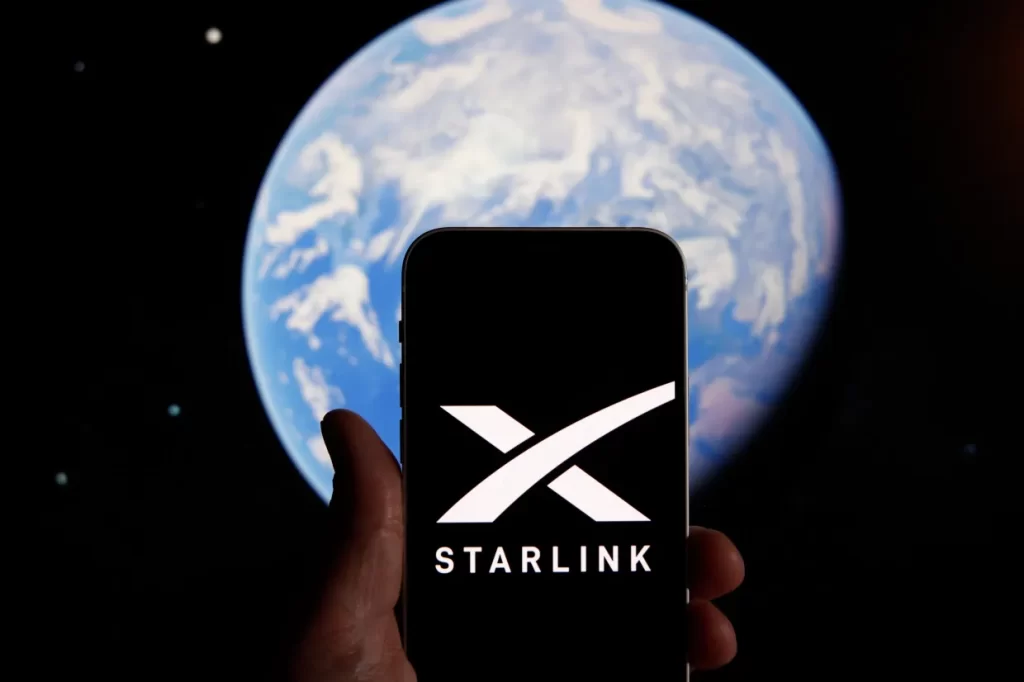Elon Musk, CEO of SpaceX and X (formerly Twitter), has announced plans for Starlink to provide free emergency satellite connectivity for mobile phones worldwide, a move that could revolutionize emergency communications in remote areas.

In a post on X on Tuesday, Musk stated, “After thinking it through, SpaceX Starlink will provide emergency services access for mobile phones for people in distress for free. This applies worldwide, subject to approval by country governments. Can’t have a situation where someone dies because they forgot or were unable to pay for it.”
Starlink, a SpaceX subsidiary, currently operates over 6,000 satellites in low Earth orbit. The company has partnered with T-Mobile to launch a Direct to Cell service for smartphones registered on their network, aiming to provide connectivity in areas with limited cellular coverage.
This announcement comes as competitors like Apple and Google have introduced their own emergency satellite services. Apple offers the feature free for two years on iPhone 15 or later models, with iPhone 14 users receiving three years if activated before November 15, 2023. Google is expected to introduce a similar “Satellite SOS” feature with Android 15, also free for two years.

Musk’s promise of a perpetually free service could potentially put Starlink ahead of its competitors in emergency communications. However, some users and industry observers express skepticism about the long-term sustainability of this promise, citing Musk’s history of ambitious claims that have not always materialized.
One Reddit user commented, “Presumably it’ll only be free until it reaches critical mass then operational costs will be cited to get governments or service providers to pony up.” Another added, “The chances of this actually happening are near 0 but I guess we’ll see.”
Despite the potential game-changing nature of this service, it’s important to note that satellite connectivity has limitations. Like traditional cell towers, satellites cannot provide coverage underground, meaning users will still face connectivity issues in subways and similar environments.
The announcement has generated significant interest, with many praising the potential life-saving applications of such technology. If implemented as described, this service could provide a crucial lifeline for individuals in remote areas or during natural disasters when traditional communication infrastructure fails.
As the tech industry watches closely, the success and implementation of Musk’s promise could significantly impact the future of emergency communications and set a new standard for global connectivity services.



